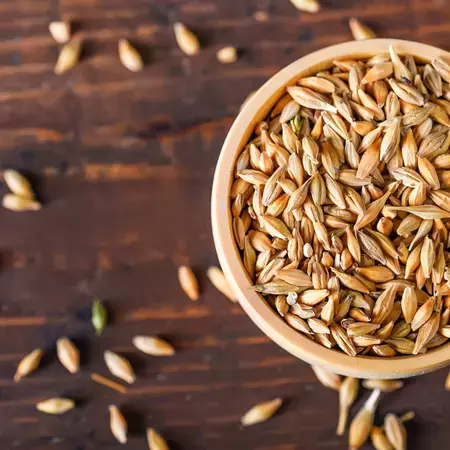Small amounts of salt form part of a balanced diet. Salt is made up of sodium and chloride, two substances that help to regulate fluid balance in the body, keep nerves healthy, support nutrient absorption and maintain muscle function.
However, excessive salt intake can contribute to high blood pressure and increases the risk of heart disease and stroke. Most international and national dietary guidelines recommend that adults consume no more than 6g of salt per day and even less for children, as little as 2g depending on age. However, average intakes across Europe range from 8-12g per day. Therefore, national and international public health authorities are focusing on initiatives and policies to reduce salt intake at a population level.












